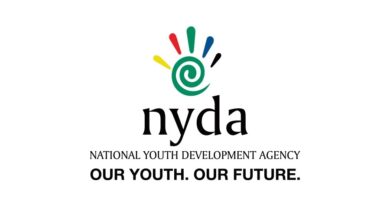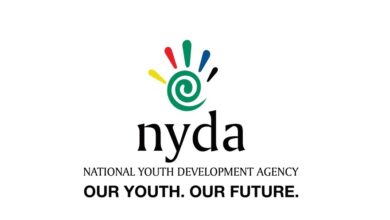Ranking the Top Linguistics Programs in South African Universities

South Africa is renowned for its linguistic diversity, with 11 official languages and a rich tapestry of dialects and cultures. This diversity has fueled the growth of strong linguistics programs across the country. Here’s a look at some of the top linguistics programs offered by South African universities, based on academic reputation, research output, and program offerings.
1. University of the Witwatersrand (Wits)
The University of the Witwatersrand, located in Johannesburg, offers a highly regarded linguistics program through its School of Language and Literature. Wits’ program is noted for its strong research focus, particularly in applied linguistics, sociolinguistics, and psycholinguistics. The university’s strategic position in a multilingual city also provides students with unique fieldwork opportunities.
2. University of Cape Town (UCT)
The University of Cape Town’s Department of Linguistics is another top contender. UCT is celebrated for its comprehensive approach to linguistic studies, including phonetics, syntax, and language acquisition. The program also benefits from UCT’s extensive research resources and collaborations with international institutions.
3. University of Stellenbosch
Stellenbosch University’s Department of General Linguistics offers a robust program with a focus on both theoretical and applied linguistics. The department is known for its research in language development and language policy, making it a strong choice for students interested in these areas.
4. University of Pretoria
The University of Pretoria’s Department of Linguistics and Language Practice provides a diverse range of courses, including language technology and translation studies. The program is distinguished by its emphasis on practical skills and its involvement in significant language-related research projects.
5. University of South Africa (UNISA)
As a leading distance education institution, the University of South Africa (UNISA) offers flexible linguistics programs that cater to a broad range of students. The Department of Linguistics at UNISA is known for its research in indigenous languages and language education.
6. University of the Free State
The University of the Free State’s Department of Linguistics is recognized for its focus on language and society, including language contact and multilingualism. The program’s strong research component is complemented by practical language training and community engagement projects.
7. Rhodes University
Rhodes University in Grahamstown offers a dynamic linguistics program through its Department of English Language and Linguistics. The program stands out for its innovative research and emphasis on language in cultural and social contexts.
8. North-West University (NWU)
North-West University’s Department of Linguistics provides a comprehensive linguistics curriculum with a focus on both African languages and language technology. The university’s commitment to multilingualism is reflected in its diverse course offerings and research initiatives.
9. University of KwaZulu-Natal (UKZN)
The University of KwaZulu-Natal’s School of Arts offers a linguistics program with strengths in sociolinguistics and language education. The program benefits from UKZN’s location in a linguistically rich region and its strong research output.
10. University of Limpopo
The University of Limpopo’s Department of Linguistics and Language Studies is known for its focus on indigenous African languages and language development. The program emphasizes practical language skills and community-based research.
These top linguistics programs in South African universities offer diverse and robust curricula that cater to various interests within the field. Whether you’re interested in theoretical linguistics, applied linguistics, or language technology, these institutions provide strong academic foundations and research opportunities. Each program’s unique strengths reflect South Africa’s rich linguistic landscape and contribute to the advancement of language studies in the region.




